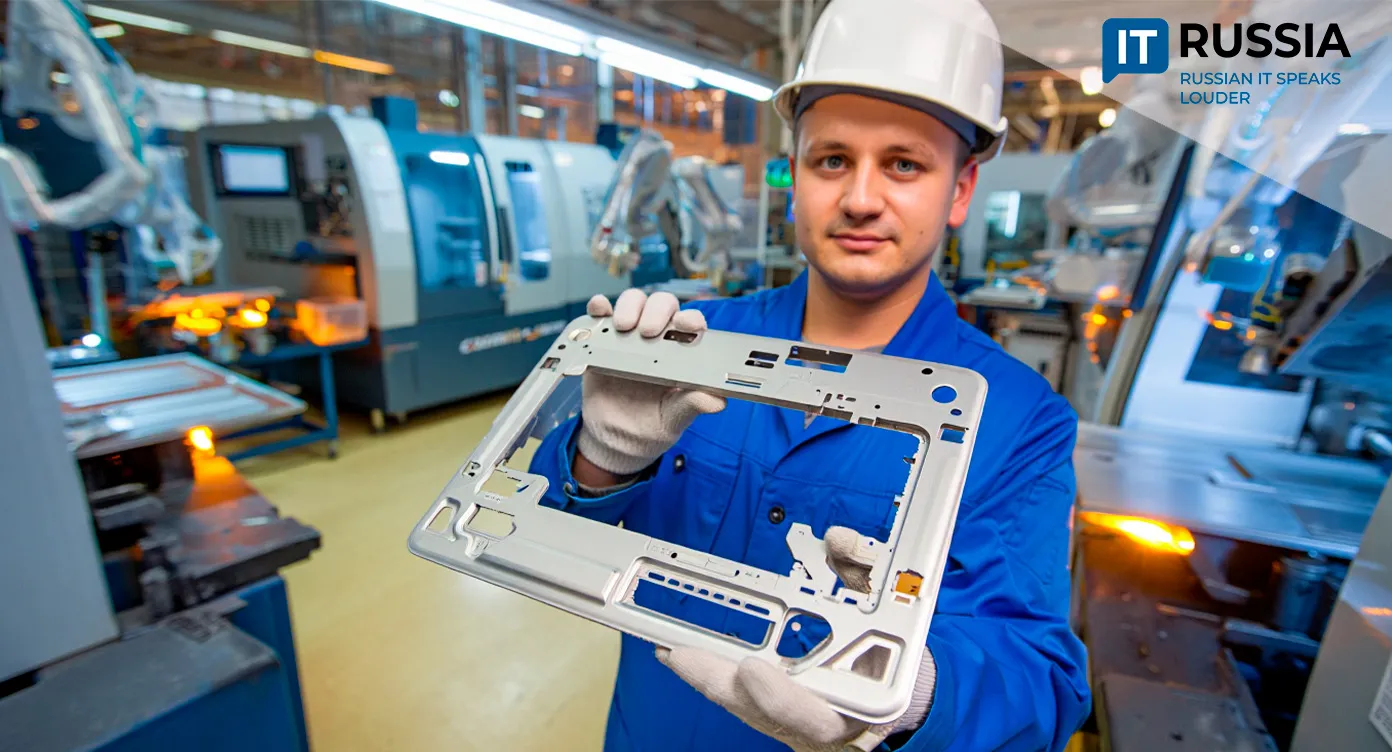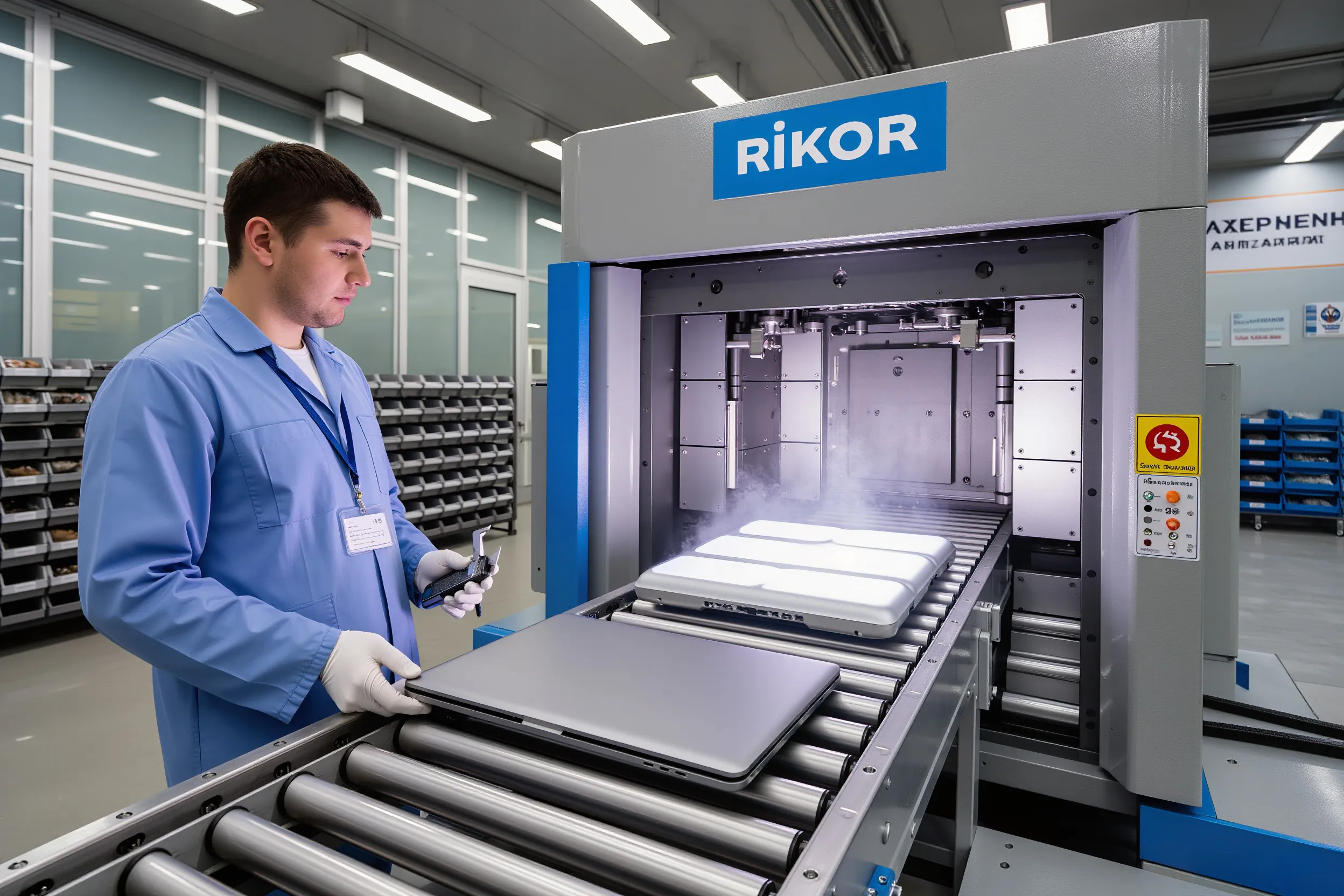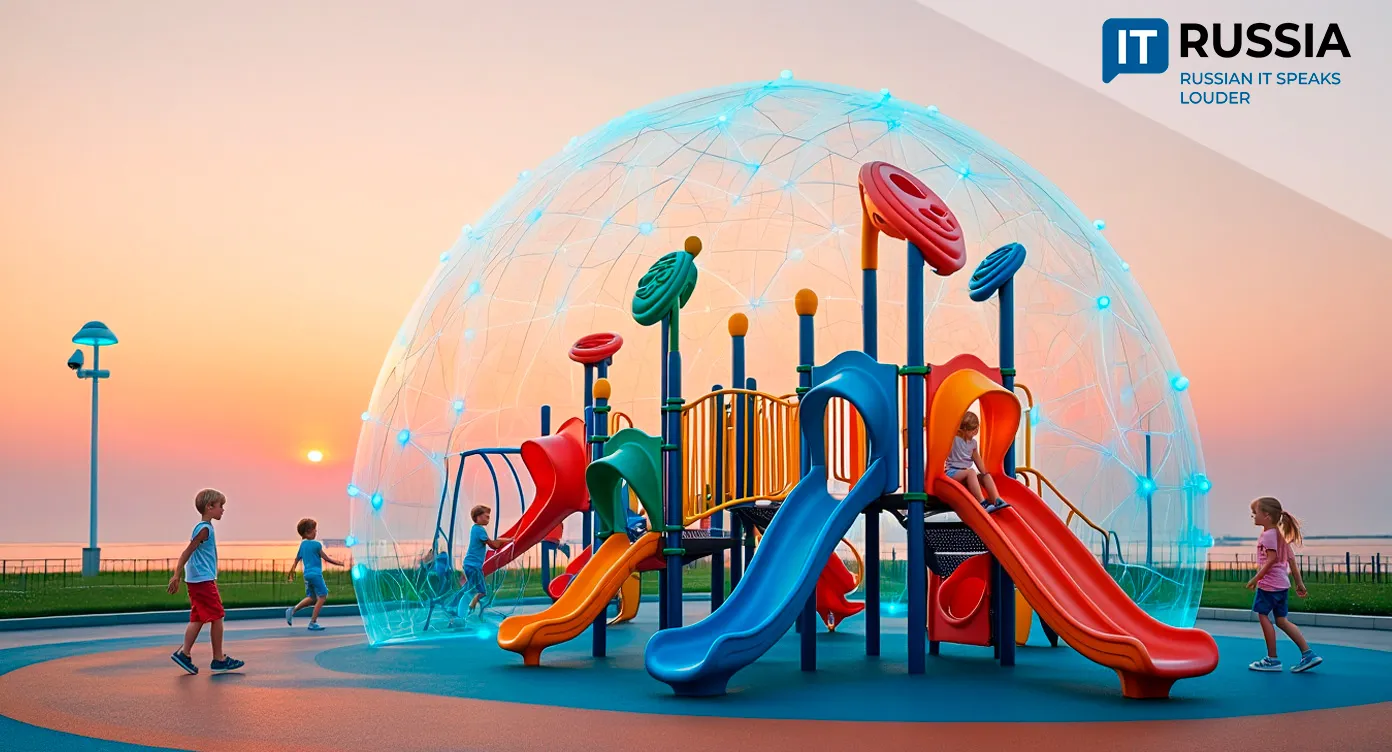Russian Laptops to Become Truly ‘Russian’
In Arzamas, Russia is launching its first domestic production of laptop casings — a project aimed at reducing import dependence and strengthening the nation’s technological sovereignty.

From Import to Innovation
The Russian computer manufacturer Rikor Electronics JSC plans to launch the country’s first production of external laptop panels — including aluminum A-covers and C-panels to which the screen and keyboard are attached. Until now, such components were not produced domestically due to their technological complexity: creating an injection mold takes 5–6 weeks of design and another 3–6 months for fabrication.
The new project marks a major step toward localized laptop manufacturing and reduced reliance on imports. Once operational, the share of Russian-made components in laptops is expected to rise to 70%. The launch of the casing production is scheduled for 2026.

Localization as a Response to Global Fragmentation
In 2021, Rikor Electronics opened a modern manufacturing complex in the Nizhny Novgorod region for the production of servers, data storage systems, laptops, and tablets. The total investment amounted to approximately $39.5 million, including $14.8 million for construction and equipment, and $24.7 million for software and design documentation — partially supported by the Industrial Development Fund.
The facility has created hundreds of high-tech jobs and strengthened the region’s industrial base. The company manufactures servers powered by Russian Baikal and Elbrus processors, as well as laptops and tablets using Skif chips (developed by NPC Elvis). Most key components — motherboards, cases, and power supplies — are produced in-house. With a localization level of 50–70%, Rikor Electronics is now among the leaders of Russia’s import substitution strategy.
Importantly, the company already has experience in case production: it previously achieved full localization for server and monitor enclosures. This demonstrates that Rikor Electronics has the infrastructure, skilled workforce, and technological expertise needed to reduce risks and execute the new project successfully.
Today, the plant produces up to 30,000 laptops and 1,500 servers per month under its own brand, and its products are certified for state procurement. Until now, however, laptop casings were imported. The new project, set to launch in 2026, will allow full domestic production — a critical move amid sanctions and shifting global supply chains. If the new line proves competitive and scalable, it could also serve export markets, including the Eurasian Economic Union (EAEU) and other partner countries.

More Than Just a Factory
The significance of this initiative extends well beyond a single enterprise. For Russia’s IT industry, domestic casing production means not only reduced import dependence but also the creation of a complete manufacturing chain within the country. It opens the door for developing custom laptop designs tailored to Russian users and government needs.
For the Arzamas region, the project will bring clear socio-economic benefits — high-skilled jobs, industrial growth, and increased investment attractiveness. The city’s growing status as a hub for electronics manufacturing in the Nizhny Novgorod region could attract additional investment and related businesses. For consumers, such projects may lead to lower prices and better access to affordable, domestically produced devices.

Globally, the news may not seem groundbreaking, as it primarily targets the domestic market. Yet, in a world of economic fragmentation and growing national tech sovereignty, such initiatives are becoming increasingly common. Russia is following a path similar to China and India — striving to secure control over key stages of its production chains.
Building a Self-Sustaining IT Ecosystem
Over the past five years, Russia has seen a steady push toward IT hardware localization, driven by both geopolitical realities and a commitment to technological independence. Leading domestic firms are forming a full-fledged national IT ecosystem.
Aquarius, for example, already manufactures laptops and PCs under its own brand, with official inclusion in the national registry of Russian-made equipment — allowing participation in state procurement programs and supporting domestic demand. Similarly, server manufacturer Yadro is building a new high-tech plant in Dubna to expand computing production capacity and increase component localization. Another major project, led by Liga Group, involves a new facility in Yekaterinburg for laptop and tablet production, with Russian component shares expected to reach 70–80% by 2027.
This growing ecosystem not only reduces foreign dependency but also fuels related industries — from microelectronics to software — securing long-term technological sovereignty. In the coming years, experts expect gradual capacity expansion focused on meeting both government and commercial demand.










































